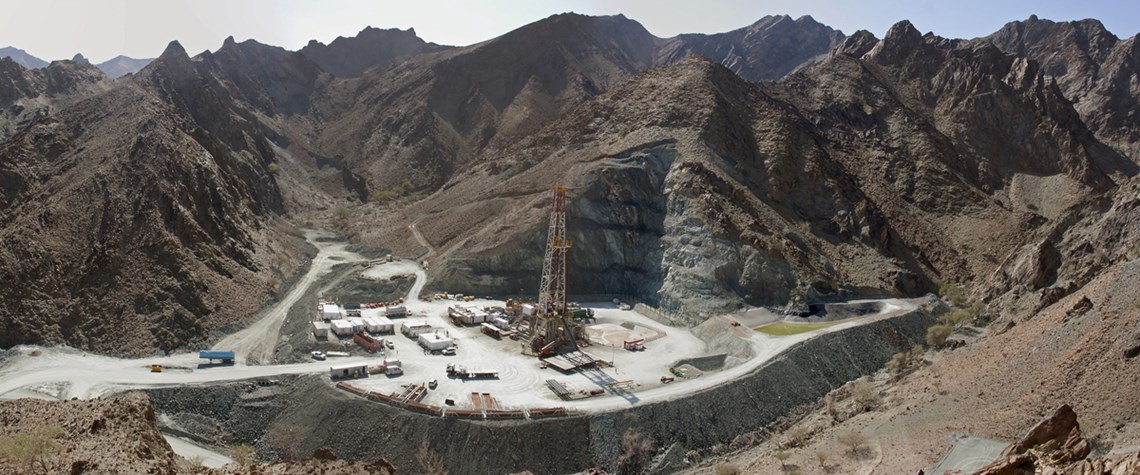Muscat's oil plans in disarray
The sultanate’s upstream development projects have taken short and longer-term hits
The Omani government is not having a good year oil-wise. The new Opec+ agreement to cut 9.7mn bl/d of production from 1 May requires the adherents, including Muscat, to reduce output by nearly a quarter. The heavily oil revenue-dependent sultanate’s original 2020 budget was based on an average price of $58/bl and more than 900,000bl/d production—which, even then, would have entailed a $6.5bn deficit. With average prices in April being less than half of the government’s assumptions, the new requirement to also slash sales volumes rubs salt in a painful fiscal wound. The impact of both will mean deep spending cuts. And the twin tracks of the country’s upstream policy—to stanch declines at agei

Also in this section
3 March 2026
The killing of Iran’s Supreme Leader Ayatollah Khamenei in US–Israeli strikes marks the most serious escalation in the region in decades and a bigger potential threat to the oil market than the start of the Russia-Ukraine crisis
2 March 2026
A potential blockade of the Strait of Hormuz following the escalating US-Iran conflict risks disrupting Qatari LNG exports that underpin global gas markets, exposing Asia and other markets to sharp price spikes, cargo shortages and renewed reliance on dirtier fuels
2 March 2026
The South Asian consumer’s next move could tighten the Middle East oil market overnight
2 March 2026
Canadian independent’s evolving portfolio in Trinidad and Tobago gives it access to the Atlantic LNG market and a close-up view of developments in neighbouring Venezuela







